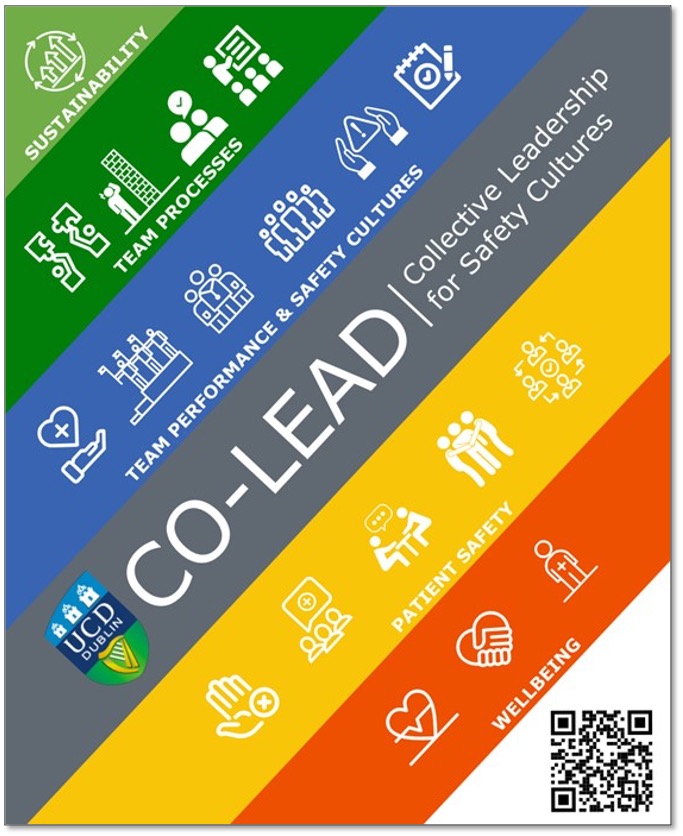Ph.D. Candidate: Adam Umar Chukwu
Project funding source: University College Dublin School of Nursing, Midwifery and Health Systems.
Primary supervisor: Dr Timothy Frawley
Co-supervisor: Prof Fiona Timmins
Project Description:
The last two decades or so has witnessed academic debates on the subject of spirituality and religion in mental healthcare settings. Modern mental healthcare systems are premised on the biomedical model that solely rely on scientific methods to ameliorate symptoms however, research evidence suggest religion and spirituality can result in both negative and positive outcomes for individuals living with a mental illness.
Sub-Saharan Africa is home to the majority of the worlds most religious societies with countries like Nigeria described as having 97% of her citizens who identify as “religious”. There is increasing use and acceptance of religious and spiritually themed complementary mental health service providers in the region. Consequently this project assumes importance in the design of a more culturally, spiritually and religiously aware mental health service that caters for the needs of the growing Black migrant communities in Europe and elsewhere.
This project will explore the use and preference for spiritual and religiously themed mental health care provision by complimentary providers in low and middle income countries such as Nigeria using semi-structured interviews. A narrative story telling approach will serve to illuminate participant experience. Study outcomes may assist in addressing potential non-inclusive practices within existing mental health care.
.png)

